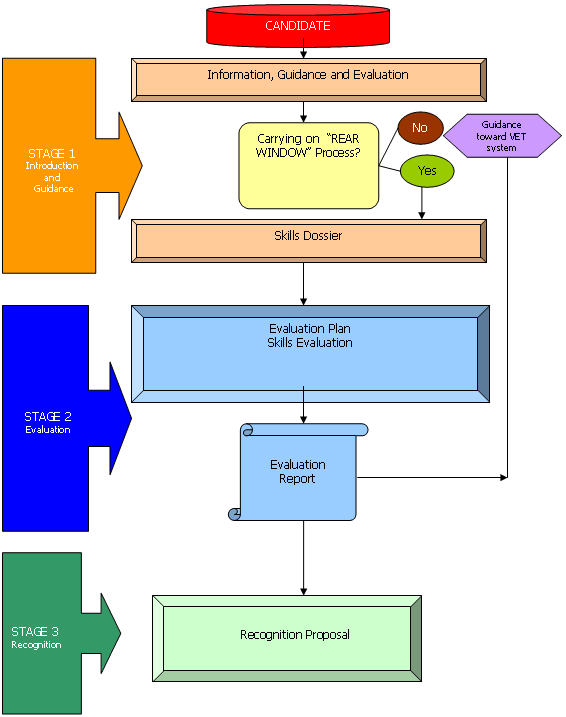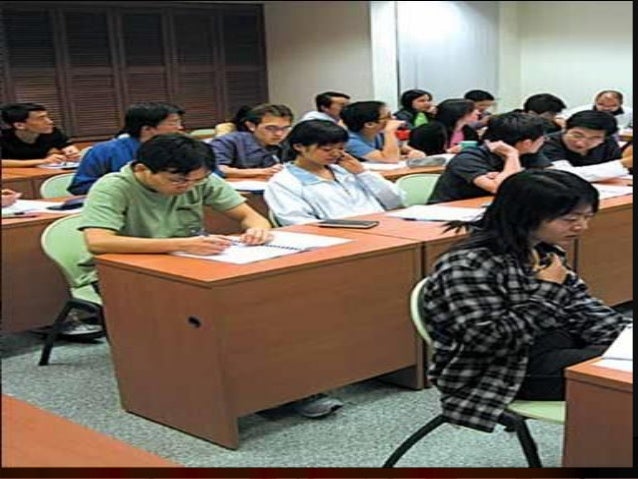


This paper aims to reflect on Fischer's ideas on vocational orientation and vocational choice as fundamental prerequisites for vocational education in the current German system of vocational guidance in general and vocational education schools. He also laid the foundations for vocational guidance in general and vocational education schools in Germany. The structures of today's vocational schools go back to his plans and ideas.

Fischer's main focus of work was the development of VET and vocational schools, whose recognition he demanded. He promoted social education and vocational education and advocated the academisation of teacher training. Finally, as Aloys Fischer's ideas are reflected in vocational guidance in general and vocational education schools in Germany, the paper provides a brief discussion of informed choice-Fischer's central topic-from the author's German and contemporary perspective.Īloys Fischer (1880–1937) was a prominent German philosopher of vocational education and training (VET)-next to Kerschensteiner and Spranger-and worked on the foundations of a modern theory of education and vocational education. In a second step, key points of Aloys Fischer's paper ‘Vocational Guidance and Vocational Counsellors’ (1920) that relate to the issue of informed choice will be presented. In a first step, the reader will be introduced to the philosophical basis of German vocational guidance, namely, Beruf and self-knowledge, as it is the foundation for understanding Aloys Fischer's thinking on vocational guidance. A special focus is placed on Fischer's view on the relevance of informed choice when choosing an occupation. This paper aims to reflect Fischer's ideas on vocational orientation and vocational choice as fundamental prerequisites for vocational education in the current German system of vocational guidance in general and vocational education schools.


 0 kommentar(er)
0 kommentar(er)
